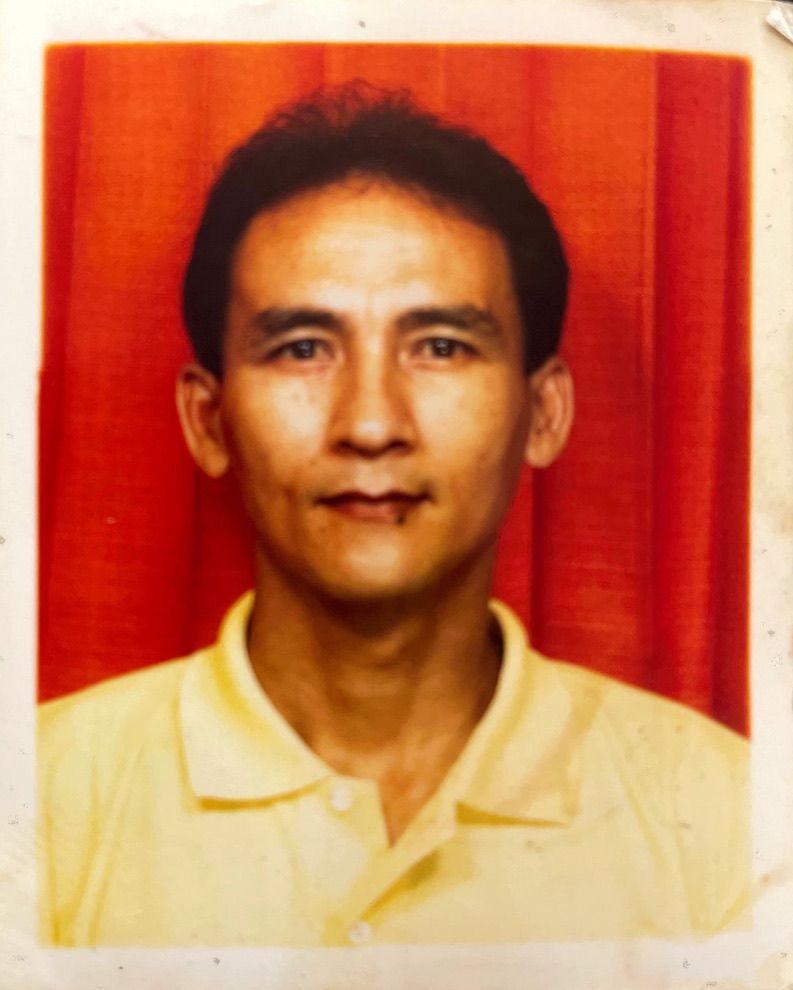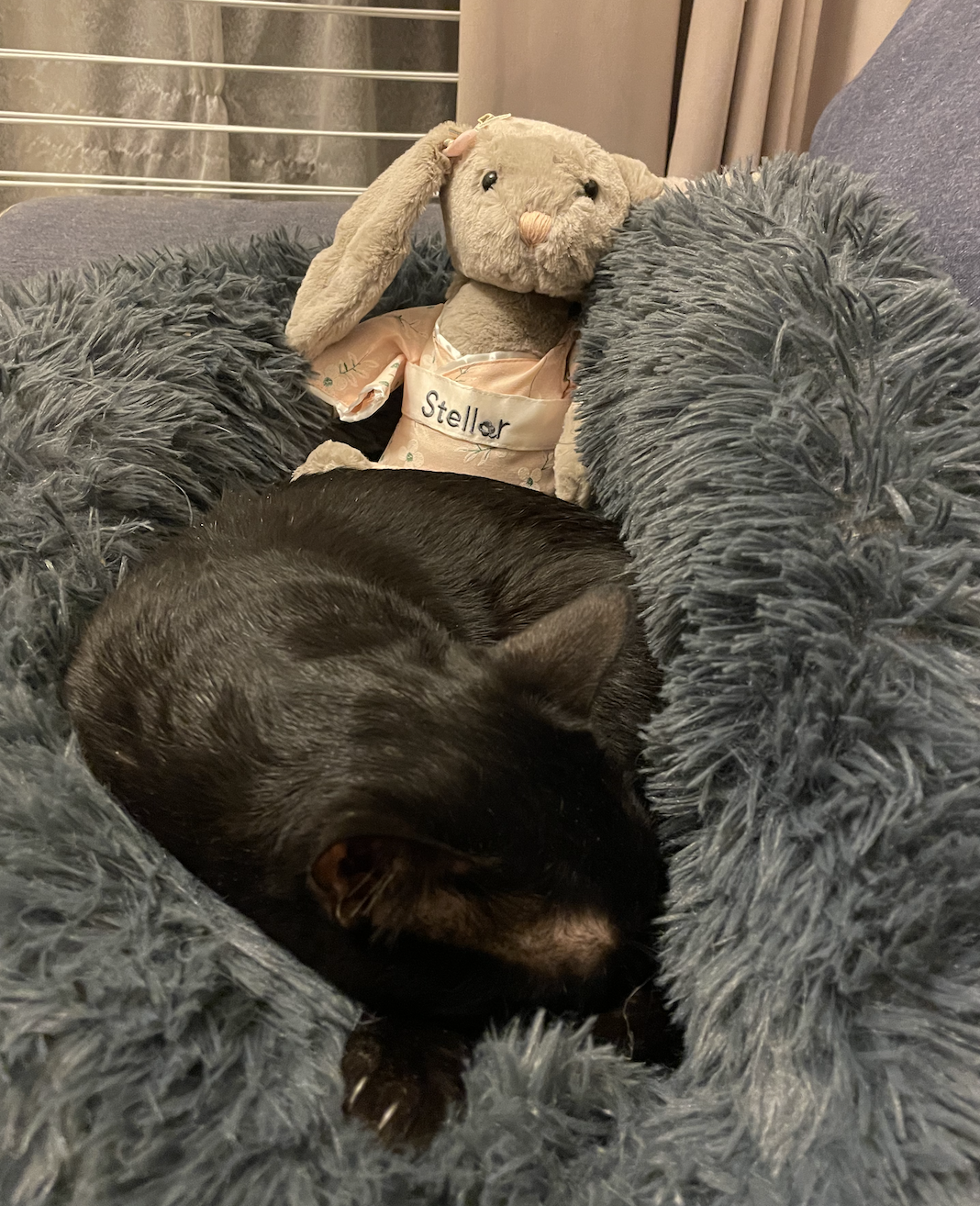I hope everyone stayed safe from Covid this past week. If you didn't, I hope your symptoms weren't bad and that you're well on your way to recovery. 😊 As for me, I have developed an addiction to BTS video clips as shared via IG Reels. At a time when we all need soothing, joyful things, I am fast disappearing down a K-pop rabbit hole.
Rajapaksa comes to Singapore
Gotabaya Rajapaksa arrived in Singapore on Thursday and resigned as the President of Sri Lanka via email shortly after. He’d flown in from the Maldives after fleeing Sri Lanka, where there have been widespread protests triggered by a horrific economic crisis.
Rajapaksa, who had previously been defence secretary overseeing a war waged against the Tamil Tigers, has been accused of war crimes that include shelling civilians, summarily executing captured enemy fighters, and torturing and/or disappearing government critics. Unhappy Sri Lankans in Singapore had gathered at Changi Airport to see him, but he didn’t appear. The Ministry of Foreign Affairs says that Rajapaksa is here for a “private visit”, and has not sought asylum. (Not that we are likely to grant it even if he had applied for asylum.) Sri Lankans are allowed into Singapore visa-free for visits under 30 days.
The police has issued a warning against protesting, because of course they have.
The killing spree continues
I feel like I am writing about the death penalty in every other weekly wrap, if not every one. It’s just been unrelenting on this front this year.
It’s been a week since Kalwant Singh and Norasharee bin Gous were executed in the early hours of Thursday morning, 7 July, and the state is already moving forward with more violence. Nazeri bin Lajim has been scheduled to be hanged on Friday, 22 July.

I wrote about Nazeri in a WTC Long Read back in May. Like Abdul Kahar, who was executed in March this year, Nazeri is in his 60s and has been a drug user most of his life, shuttling in and out of prison. While out of prison, he felt judged, shamed and rejected by society, even describing himself to his sister Nazira as “sampah masyarakat”. He struggled to stay away from drugs, and relapsed multiple times throughout his life. His defence for this capital case had been that he’d intended to retain a significant amount of the drugs for his personal consumption, and that the amount of drugs he’d planned on selling was actually below the threshold for the death penalty. (The courts rejected this argument.)
Nazeri’s story, like Kahar’s, shows us how out-of-touch from reality the dominant pro-death penalty narrative in Singapore is. “Why are you fighting for criminals? Why don’t you care about the people whose lives have been ruined by drugs?” is a constant refrain that’s thrown at abolitionists. It’s a question that paints a simplistic binary between a “villain” drug trafficker and “victim” drug user. But Nazeri and Kahar’s experiences show us that the real picture is far more complex. They, and their families, are the people who have suffered and been negatively affected by drug use. But instead of receiving sustained and holistic support and treatment, they were subjected to punishment and stigma that piled on more stress and isolation, and made it even more difficult for them to reintegrate into society and rebuild their lives after release from prison. And now one has already been hanged, and another facing the gallows next week.
What this shows us is that, for all the “concern” displayed when arguing against anti-death penalty activists, our society is failing drug users, even when they do want help. “What about those whose lives have been wrecked by drugs?!!!” we type angrily in the comments section on social media, even as we continue to stick to punitive systems that marginalise and demonise users, exposing them to arrest, detention and incarceration even when they seek treatment from medical professionals (who are then required, by law, to report them to law enforcement).
I’ve written this over and over and over again. Things need to change. And this need is urgent and desperate.
When and where we get to speak out
One thing to be grateful for, though, is that there has been growing attention paid to the death penalty issue, and more Singaporeans are stepping up with demands for abolition. Young Singaporeans, in particular, are making use of multiple platforms to draw attention to this year’s spate of executions, and to demand an end to this state violence.
On 6 July, while Kalwant Singh was at his final court hearing in a desperate bid for a stay of execution, Luke Levy was at his graduation ceremony at the National University of Singapore. He decided to make use of the moment he walked up on the stage to receive his degree to draw attention to the death penalty by holding up a piece of paper that said “ABOLISH THE DEATH PENALTY NO to STATE MURDER END POVERTY, NOT LIFE BLOOD ON YOUR HANDS”.
Gather round, folks. Here’s a story on the sign I held on stage at my graduation, calling for the abolition of the death penalty in Singapore. And how NUS tried their hardest to erase it. A [thread emoji] 1/13 pic.twitter.com/T5xcpwdN3t
— Luke 💙💜 (@AngMohSnowball) July 11, 2022
Luke’s action didn’t disrupt the ceremony. Still, someone (no idea who) lodged a police report and now the police have opened an investigation. It’s arguable whether his tiny protest actually violates the Public Order Act, because that depends on whether the graduation event actually counts as public. It’s absurd that time and brain cells are going to be expended on this question simply because Luke held a piece of paper up for a few seconds, but this is Singapore for you.
On the university’s part, they cut Luke out of the video of the graduation ceremony, and the studio in charge of graduation videos also attempted (very poorly) to blur out the text on the piece of paper, even though that only served to highlight just how ludicrous the response to Luke’s simple action was. NUS told the media that the ceremony was “not a forum for advocacy”. But if you leave it to the government or establishment institutions like NUS, there will probably never actually be a forum for abolitionist advocacy. And why should we only speak out or engage on their terms? Why should we have to wait for their approval and permission before we make our positions on important issues like the death penalty known? Luke’s actions didn’t cause any harm, so why shouldn’t he have exercised his right to freedom of expression?
Got some more
🏘 Having your HDB estate selected for en bloc used to be seen as great news for owners. But one recent exercise has shown that this is no longer the case, as people found that they would have to pay over $100,000 for a similar-sized replacement flat. This is an important issue, since the majority of Singaporeans live in HDB flats, and multiple estates are getting older, so people are very interested in what happens when there isn’t that long left on the lease, and what that might mean for the value of their property. (It is in such situations where I am somewhat relieved that I don’t own property, because I have trouble wrapping my head around all this.)
🧑🏼🏭 I forgot to put this in last week: in 2019, the Ministry of Manpower replaced their Work Injury Compensation Scheme with a new system where insurers are the ones that process work injury claims. HOME has published a statement pointing out the problems with this situation.

Thank you for reading this week! As always, please help me spread the word about this newsletter by sharing it widely.
